20 Truly Amazing Facts You May Not Know About Your Heart
Lists, ScienceYour heart is a muscular organ that pumps oxygen-rich blood throughout your body. It is the center of your circulatory system, which is composed of a network of blood vessels such as capillaries, veins and arteries. These blood vessels carry blood to each part of your body, thus your heart is important to your health and everything that goes on in your body. Here are 20 truly amazing facts about this incredibly powerful organ that are worth learning.
Cornea
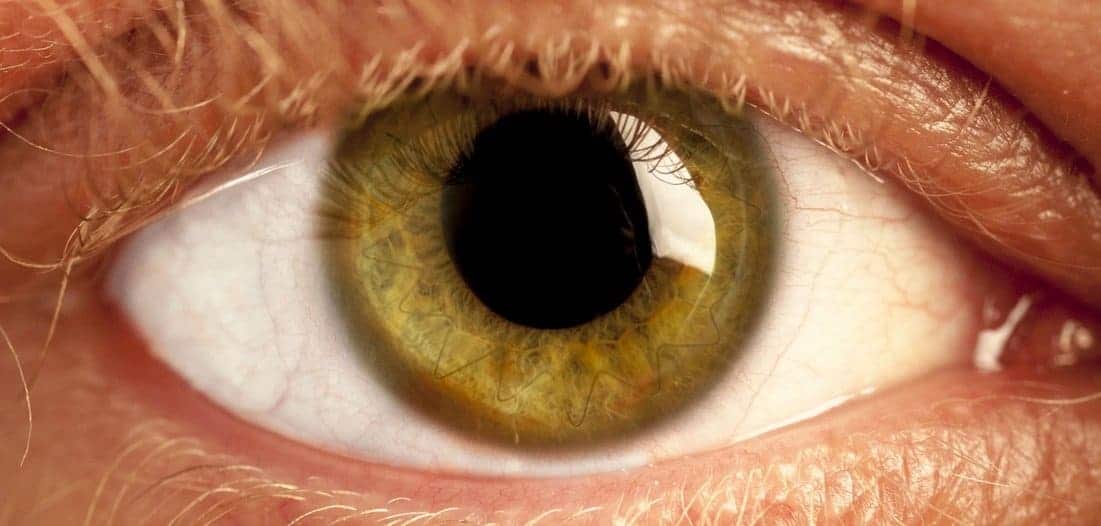
Unlike most tissues in your body, the cornea lacks blood vessels. It receives its nourishment from the tears and the fluid that fills the chamber behind it. The cornea must stay transparent to refract light adequately and the presence of even the smallest blood vessels can interfere with the process.
Blue Whale

The blue whale has the biggest heart of any animal. It’s heart can weigh over 1,500 pounds and be the size of a small car.
Physical Work
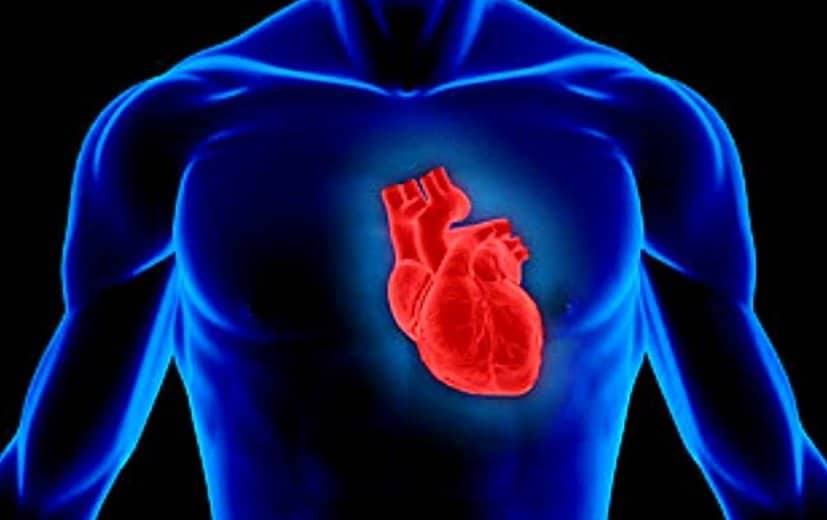
During a lifetime, your heart does the most physical work of any muscle. Your heart’s power output ranges from 1-5 watts.
Holidays

According to a study published in the journal Circulation, cardiac mortality is greater around New Year’s and Christmas than at any other time.
Electrical Impulse
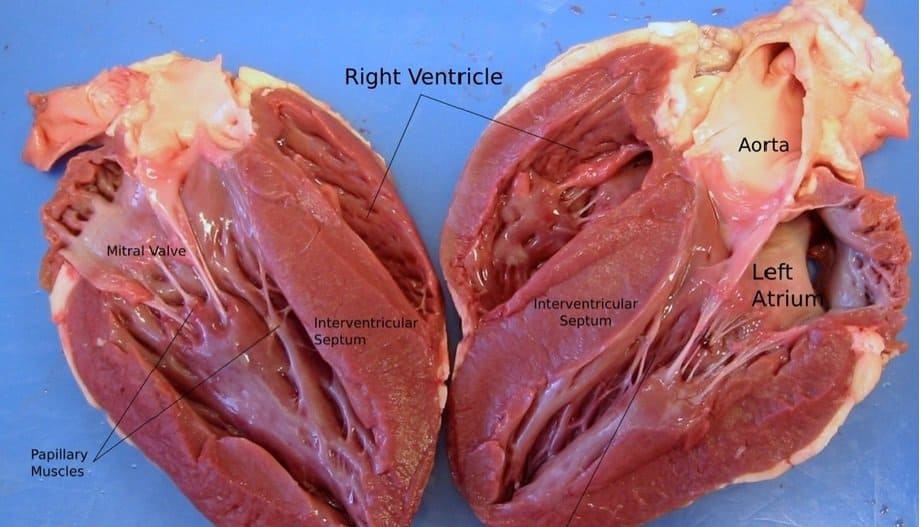
Your heart has its own electrical impulse, therefore, it can beat even when separated from your body as long it has a sufficient supply of oxygen.
Energy
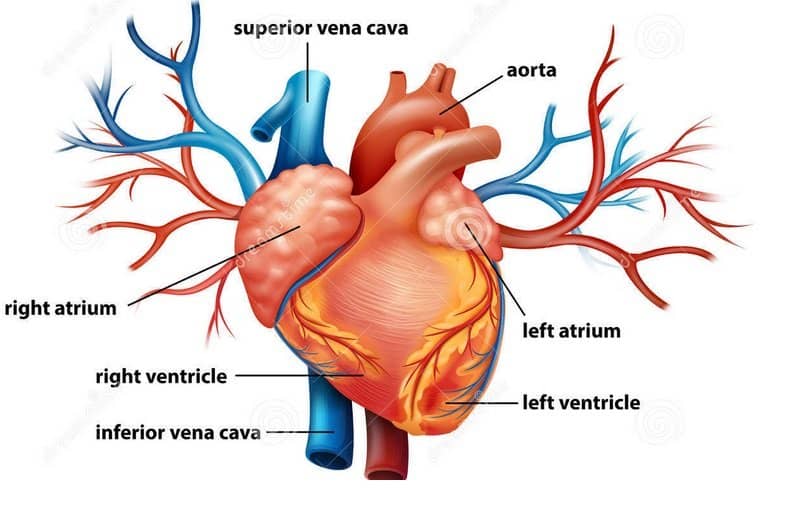
Each day, your heart generates sufficient energy to drive a truck 20 miles.
Cardiac Catheterization

Back in 1929, a German physician named Werner Forssmann examined the inside of his own heart by inserting a catheter into the vein of his forearm. This was the first cardiac catheterization (also known as heart catheterization), a now common procedure for heart patients who need it.
Heart Transplant

On December 3, 1967, Dr. Christiaan Barnard, a South African surgeon, transplanted a human heart into the body of Louis Washansky. It is considered the world’s first successful heart transplant.
Income

According to a study published in the Journal of the American Heart Association, socioeconomic status plays an important role in predicting cardiovascular risk for African-American adults. Researchers found that women with lower income had 2.5 times higher risk of stroke and heart attack compared to women with higher income. Also, individuals who were 50 years old or younger in the lowest socioeconomic group were more than three times more likely to experience a cardiovascular disease event than individuals in the highest group.
Sitting

You may have heard the claim that sitting is the new smoking. Scientists have reported that sitting for long hours is associated with a higher risk of death from heart disease.
Heart Attack
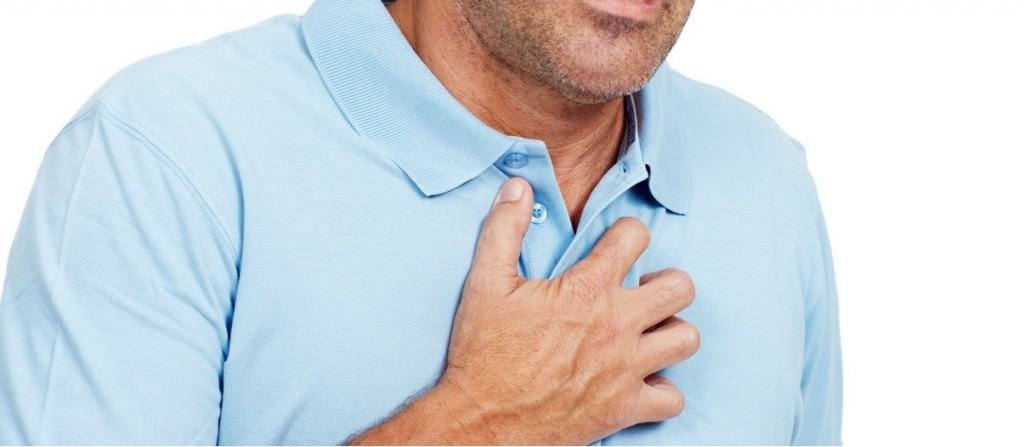
The symptoms of heart attack are different in women and men. Women may experience upper back pressure, pain in the lower chest or upper abdomen, light-headedness, dizziness or shortness of breath, whereas men frequently report nausea, sweating and crushing chest pain.
Healthy Heart

A healthy diet, exercise and happiness will keep your heart healthy.
Sex

A study found that having an orgasm three times per week may reduce the risk of an individual dying from coronary heart disease by half. Moreover, a vigorous sex session can double an individual’s heart rate and burn up 200 calories.
Large Heart
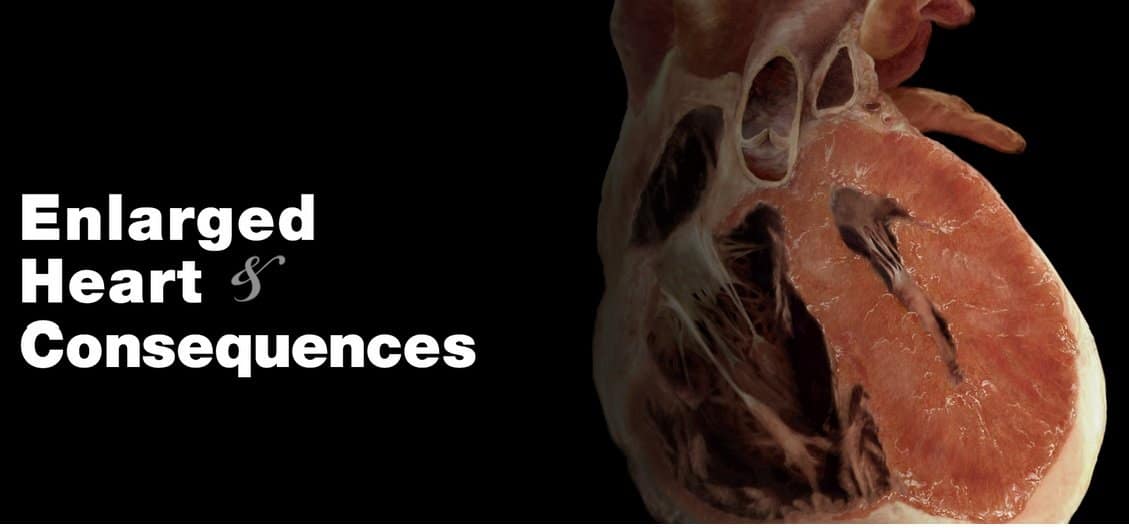
Some people really do have bigger hearts than others. An enlarged heart can signal hidden heart disease. Dilated cardiomyopathy, which is the most common type, happens when the chambers of the heart stretch out and enlarge. The bulging reduces the pumping power of heart, depriving the body organs of sufficient blood. A large heart can lead to heart failure if left untreated.
Woman’s Heart

A heart of a woman generally beats faster than a man’s heart. The heart of a man beats approximately 70 times per minute, while the heart of a woman beats 78 times per minute.
Blood
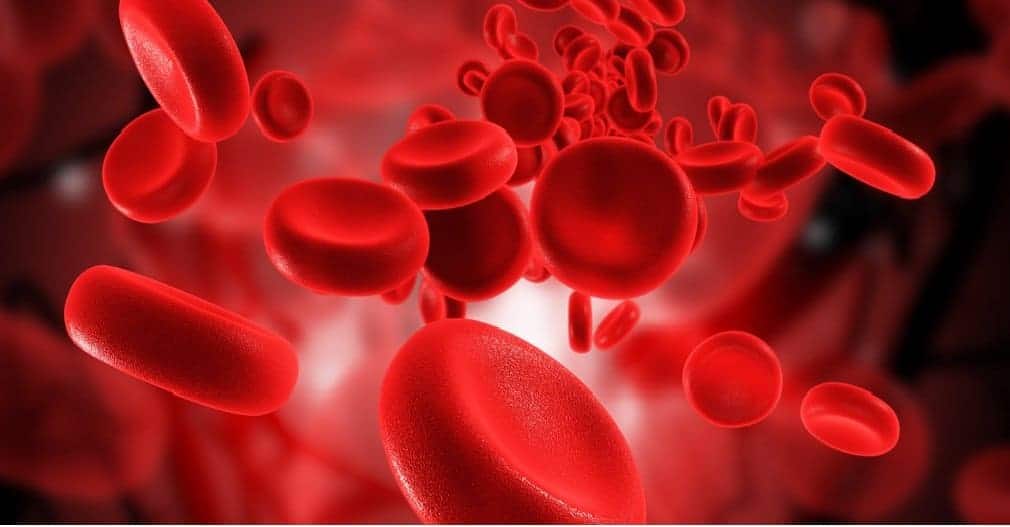
During an average lifetime, your heart will pump 1.5 million barrels of blood—sufficient to fill 200 train tank cars.
Primitive Egyptians
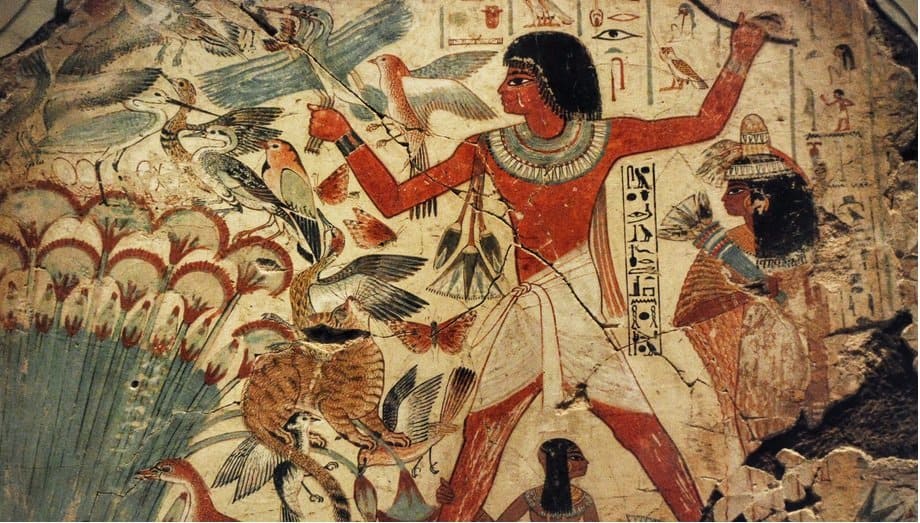
The primitive Egyptians thought that the heart and other important organs had independent wills of their own and would move around inside the body.
Lack Of Sleep

Prolonged lack of sleep can lead to abnormal heartbeats called premature ventricular contractions.
Heavy Snorers

A few heavy snorers may have a condition known as obtrusive sleep apnea (OSA), which can affect the heart negatively.
Cocaine
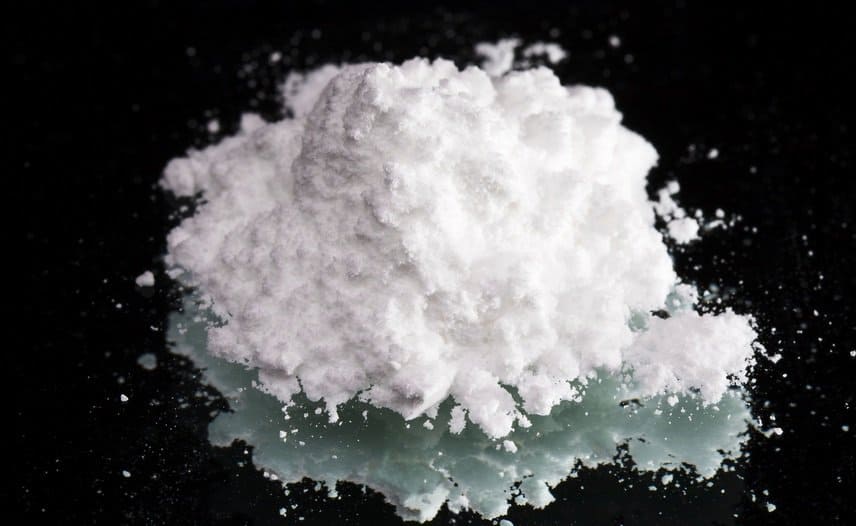
The addictive drug cocaine affects the electrical activity of the heart and leads to spasm of the arteries, which can cause a stroke or heart attack.



